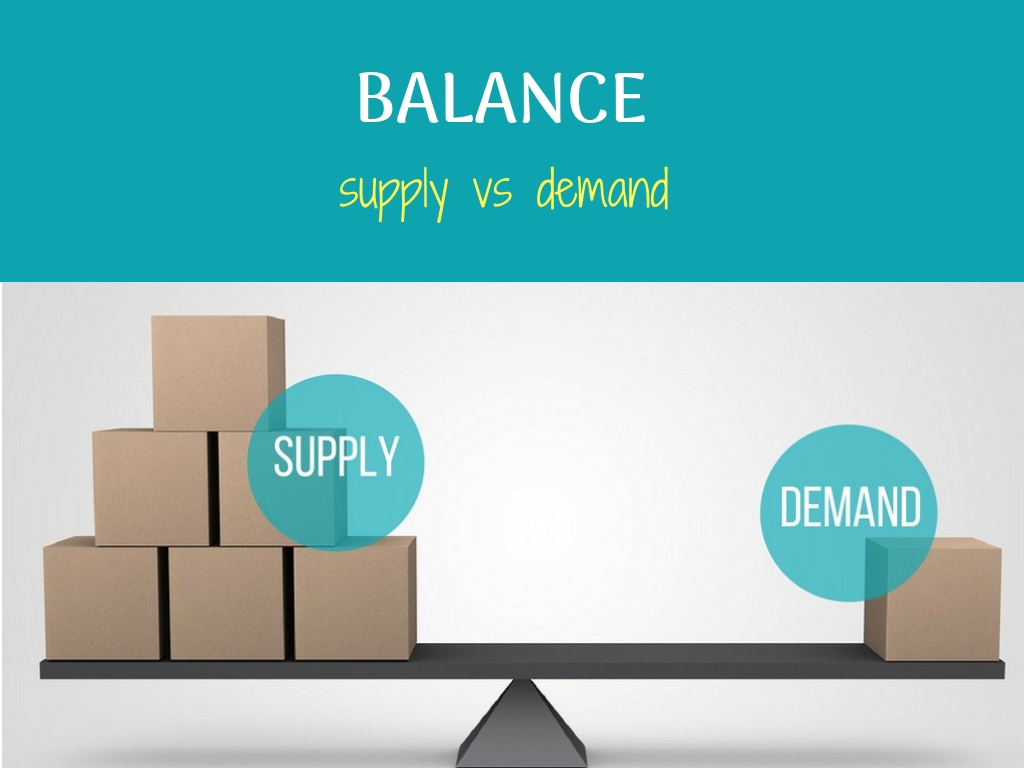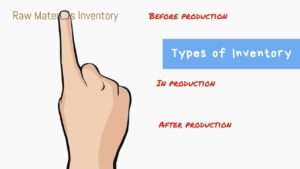Inventory
Inventory is asset held for future use. When there is an increase in customer demand for a product, it should be readily available. Inventory provides a buffer for this.

Shortage of stock results in lost sales and less customer satisfaction. Similarly, if there is no or less demand and lot of inventory is in stock, then they have to be sold at a minimum profit or even loss.
So, too much inventory and not enough inventory can affect the operation of a firm and result in reduced profit.

Functions of inventory
It provides flexibility to the operations of a business. Main functions are:
- Separate various parts of the production. If the suppliers are not supplying steadily, extra inventory is necessary to provide a buffer and avoid the unsteady supply affecting production.
- To separate fluctuations in demand and provide a stock of goods. This helps to avoid stock-outs and results in higher customer satisfaction.
- Take advantage of economy of scale. Buying in large quantities will provide economic benefits and results in reducing the cost of goods
- Helps to protect the firm from inflation and increase in cost of raw materials
The challenge in inventory management is to correctly balance demand and supply.
Inventory investment and customer service must be balanced properly.
“Push” to “Pull”
The old concept was to build large warehouses and stock lot of inventory. New concepts like Just-In-Time (JIT) inventory suggest, as the name suggests, to produce as late as possible before shipment. This is because the investment in inventory as well as the expenses to store and maintain inventory huge and it increases the manufacturing cost.
The development of information technology has made it possible to reduce inventory and thus reduce cost.
The “push” system has changed to a “pull” system.
Learn about different types of inventory here.
Like our Facebook Page



